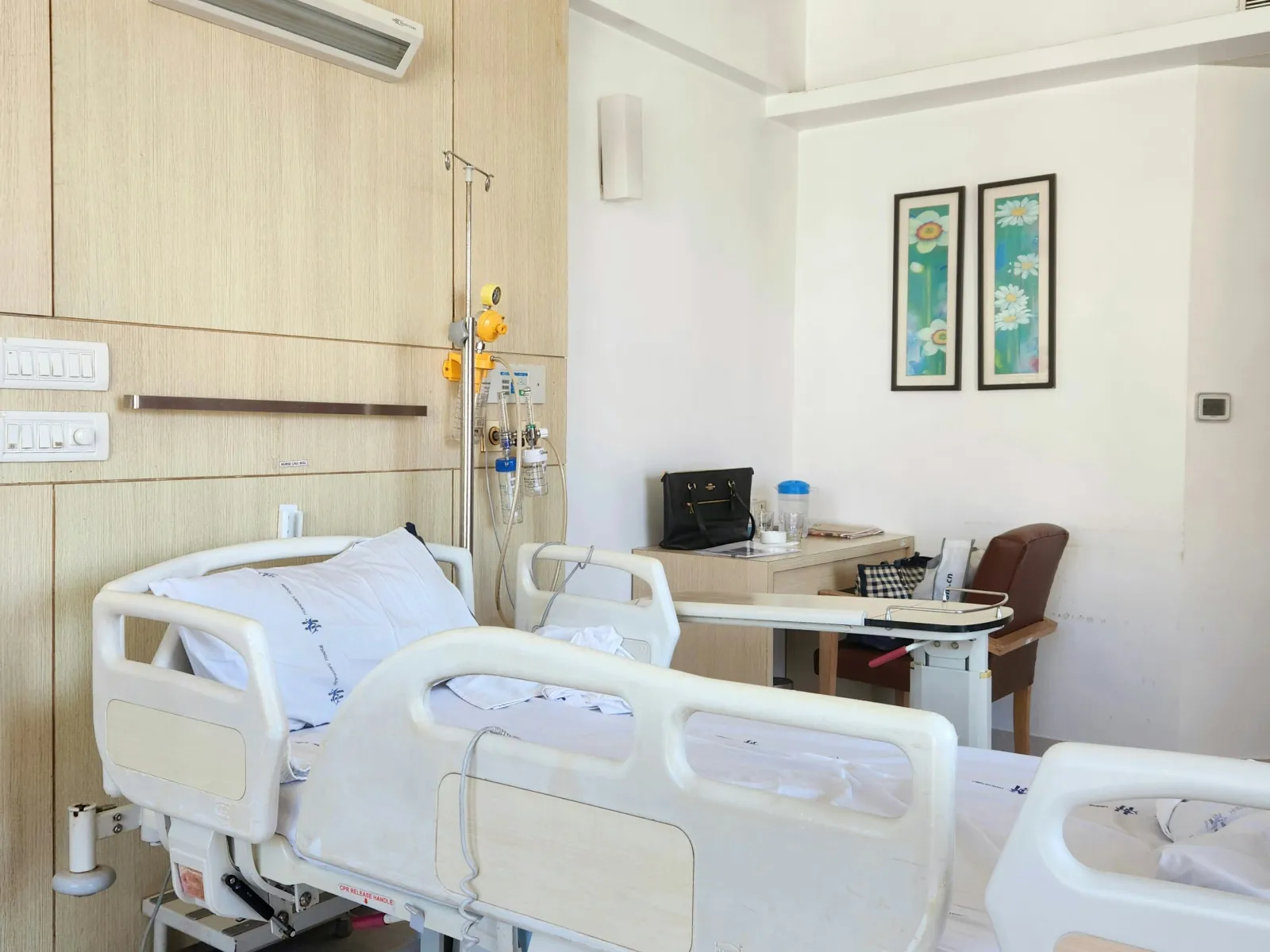
The Hidden Risk to Hospitals: Why Underinsurance Presents Financial Risk in Today's Volatile Economy

Hospitals and healthcare systems across the country have faced an unprecedented shift—not just in care delivery, but in the financial and operational risks tied to their physical assets.
One of the most overlooked threats is underinsurance: carrying property coverage limits that no longer reflect the actual cost to replace or repair vital buildings, equipment, and infrastructure.
Hospitals are unique in their capital intensity. From surgical suites and diagnostic imaging centers to backup generators and data servers, even small gaps in insurance coverage can leave organizations exposed to millions in unrecoverable losses in the event of a fire, storm, flood, or equipment failure. And in today's climate of inflation, global supply disruptions, and labor shortages, those gaps are only widening.

Five critical reasons hospitals need to reassess their insured values now:
Construction & Equipment Costs have Soared
Post-pandemic inflation has dramatically increased the cost of rebuilding hospital structures. Tariffs on imported building materials, steel shortages, and rising labor costs have driven per-square-foot replacement costs upward of 25-40% since 2020 in some regions. Specialized systems such as HVAC for operating rooms, negative pressure rooms, and high-voltage electrical infrastructure carry even steeper price tags.
Medical Equipment Is Harder to Replace – and More Expensive
From CT scanners and robotic surgical tools to refrigerated drug storage and dialysis machines, medical equipment has been hit with supply chain bottlenecks and inflation. Many OEMs have raised prices while simultaneously reducing available inventory. Lead times for replacements can now span 6 to 18 months, and equipment values are far higher than previous benchmarks.
Specialized Healthcare Spaces Are Costlier to Rebuild Than General Commercial Buildings
Hospitals aren't like office buildings or warehouses—every square foot serves a specialized function. Rebuilding an ICU, an operating room, or a diagnostic lab requires custom HVAC and filtration systems, advanced electrical and gas hookups, and sterile environments built to code.
Underinsurance Can Jeopardize Business Interruption Coverage
Many hospitals rely on business interruption (BI) insurance to cover lost income during facility downtime. But BI coverage is often tied to replacement timelines—if your coverage limits don't realistically account for the actual cost to rebuild or replace key assets, the BI benefits may expire before operations resume. A misalignment between BI coverage and real-world delays caused by inflation, permitting, or equipment shortages can cripple a hospital's finances, especially for smaller systems or rural facilities.
Insurers Are Getting Stricter—and Claims Are Getting Contested
Carriers are increasingly scrutinizing the accuracy of insured values as part of both underwriting and claims adjudication. In cases where a hospital is found to be underinsured, coinsurance penalties or partial settlements may apply—even if the loss seems fully covered on the surface. Additionally, many insurers are now requiring up-to-date, third-party appraisals to validate replacement cost coverage, especially for large portfolios or higher-risk properties.
The Solution: Proactive Revaluation and Insurance Appraisals
Hospitals must treat insurance valuations with the same seriousness as audits or regulatory compliance.
When it comes to protecting your hospital's vital assets and ensuring financial resilience, GA Group is your trusted partner for expert insurance valuation services.
A professional third-party appraisal not only provides accurate replacement cost valuations. It also delivers:
- A defensible baseline in claims
- Peace of mind in contract negotiations
- Better underwriting terms
- Avoidance of coinsurance penalties
- Informed decision-making for business interruption planning
Final Thoughts: Protecting Your Hospital’s Future
The cost of underinsurance is not just financial—it's operational, and reputational. With construction volatility, global inflation, and post-COVID economic dynamics still unfolding, hospitals cannot afford to rely on outdated values or assumptions.
Investing in a comprehensive property and equipment valuation is not just smart risk management—it's essential protection for your patients, your staff, and your mission.
GA Group is here to help. If there's anything we can assist you with - whether related to hospitals or other appraisal needs - please don't hesitate to reach out. We'd welcome the opportunity to connect.

